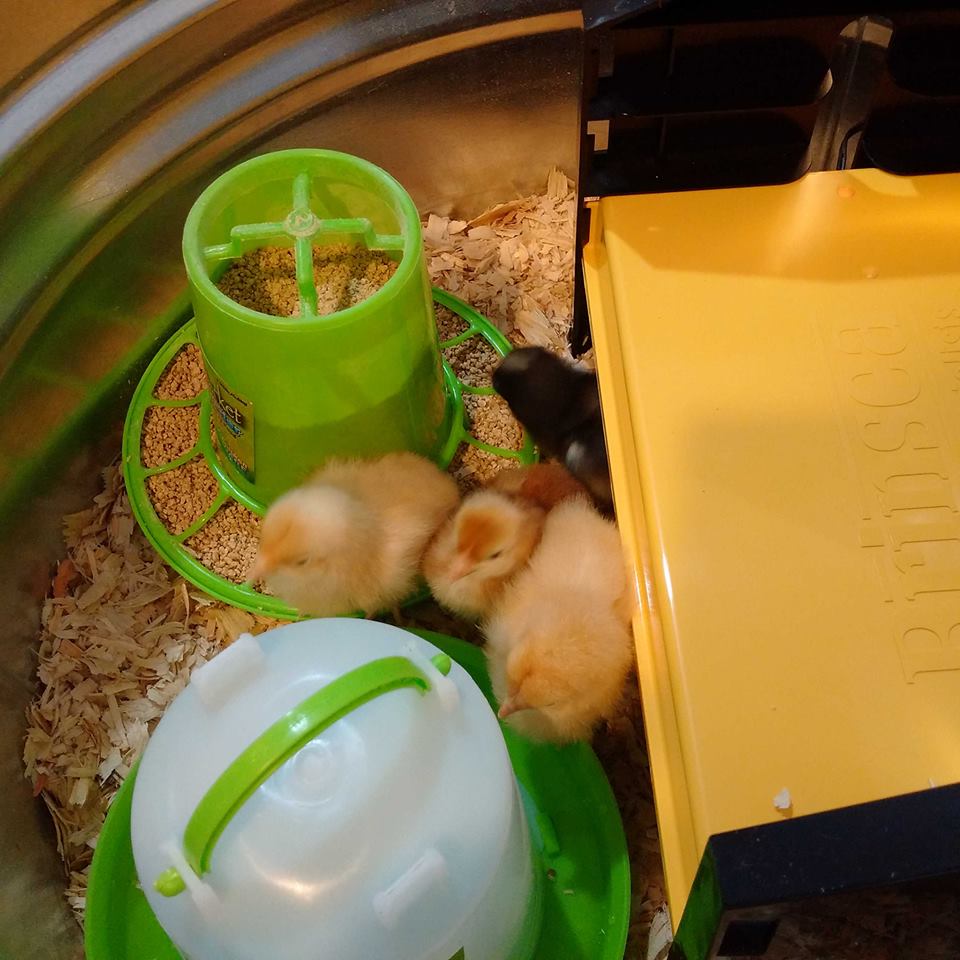UK poultry specialist stresses sanitation in multistate salmonella outbreaks
UK poultry specialist stresses sanitation in multistate salmonella outbreaks


Salmonella outbreaks associated with contact with live poultry in backyard flocks that began in early June are now affecting people in 45 states, and Kentucky appears to have the highest number of illnesses. University of Kentucky poultry specialists are stressing the importance of preventing bacteria for backyard flock owners.
“The most important thing poultry owners can do is review their sanitary measures,” said Jacqueline Jacob, UK poultry extension project manager for the College of Agriculture, Food and Environment. “Many of the cases in the current outbreak are linked to backyard flocks, so we want to remind folks of simple things they can do to protect themselves.”
In the initial outbreak, the Centers for Disease Control and Prevention reported seven multistate outbreaks in 35 states with nearly 300 people infected. The CDC reports that now more than 600 people in 45 states are ill amid eight separate outbreaks. In Kentucky, 35 people have confirmed salmonella infections. According to the CDC, poultry handlers need to remember all chickens can carry salmonella, regardless of where owners purchase them. They can carry the bacteria even if they look clean and healthy.
The CDC emphasizes that all poultry owners should always wash hands thoroughly with soap and water immediately after touching live birds or anything in the area where they live. They should not bring live poultry into the house or let young children handle chicks, ducklings or other live poultry without supervision. In the current outbreaks, 88 of the ones infected are children younger than 5 years of age.
“Any contact with live poultry puts you at risk for salmonella infection,” Jacob said. “Salmonella germs can be in the birds’ droppings and on their bodies and also on their cages, coops, hay, plants and the soil where they live and roam.”
Anyone handling poultry should keep the birds away from their noses, mouth and eyes. Shows and fairs with birds and chicks on display should have a way for people to wash their hands or provide sanitizer with 99 percent or higher bacteria kill rate.
“Remember to be careful when you wash equipment or eggs in the kitchen sink,” Jacob said. “You don’t want to cross contaminate food. Always use a good disinfectant to clean up in the kitchen when you’re finished.”
Symptoms of salmonella infection include fever, abdominal cramps, vomiting and diarrhea. It usually lasts four to seven days, and most people recover without treatment. However, very young children, older adults, pregnant women and those with weakened immune systems are more likely to have a serious illness. Those who suspect they have been infected should contact their health care provider as soon as possible.
For more information about the current outbreak visit the CDC website at http://www.cdc.gov/salmonella/live-poultry-05-16/index.html. For more general information about raising small poultry flocks, visit the UK Poultry Extension website at http://www2.ca.uky.edu/smallflocks/Health.html.
